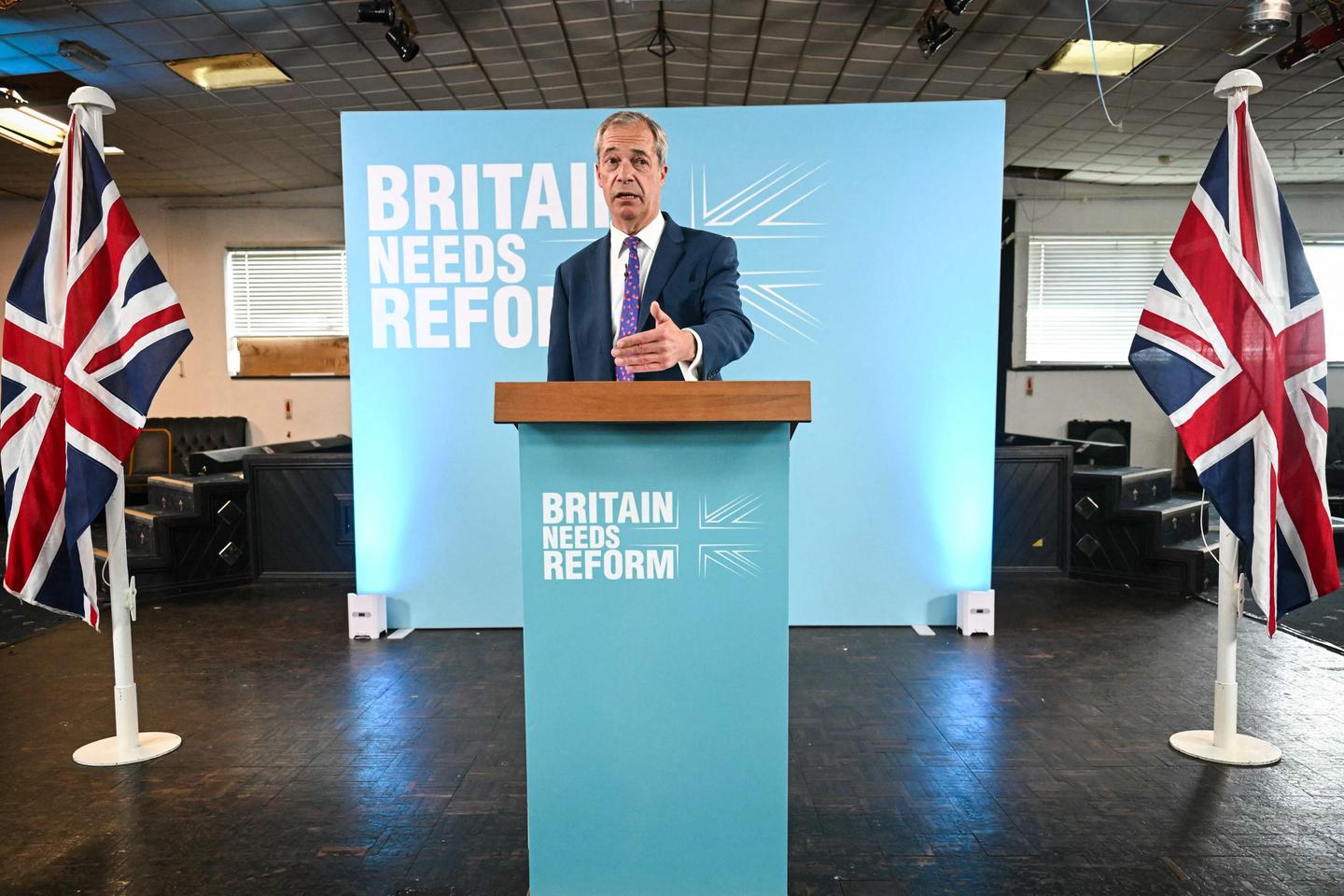


On the face of it, there is not much in common between the political situations currently prevailing in the UK and France, apart from the concomitance of decisive national elections. Across the Channel, they'll be held on July 4, right between the two rounds of the June 30 and July 7 parliamentary elections triggered by Emmanuel Macron. In London, the polls show the left-wing Labour Party well in the lead (with 37% of the vote); and they are ready, under the leadership of the moderate Keir Starmer, to set themselves up in Downing Street after 14 uninterrupted years of Tory rule, including the tornado that was Brexit. In Paris, by contrast, the rout suffered by Macron – who had been compared in 2017 to Tony Blair, the former British Labour leader – in the European elections, and his dissolution of the Assemblé Nationale in a poker-style move, have raised fears of the far right coming to power.
Even on the subject of Europe, the two neighboring countries, long-time friends and rivals, have turned away from each other. Admittedly, Labour, anxious not to reopen the deep wounds left by the Brexit referendum, is careful not to entertain a return to the European Union (EU), contenting itself with promising to improve trade relations with the Union. Yet a majority of British people are now convinced that leaving the EU was a mistake, one for which they are still paying the price. At the same time, French voters are defying their pro-European president by placing the far-right Rassemblement National party in the lead with campaign promises that will lead to a de facto break with EU ambition.
The umpteenth changeover
However, this image, which seems to contrast a French political climate that combines chaos with institutional turmoil with a British one that would be phlegmatically preparing for yet another changeover in the calm atmosphere of Westminster, is largely misleading. The venerable British political system, based on single-round elections that leave little chance for candidates from outside the two major parties – Tories and Labour – is being upended under pressure from far-right leader Nigel Farage. The man who, as the leader of the UK Independence Party (UKIP) was the victorious promoter of the divorce from Europe, re-entered political life in 2021 with a party, Reform UK, which accuses the Tories of "betraying" Brexit, particularly on immigration and deregulation.
Armed with a program that promises "net zero immigration," wide-ranging tax cuts and the partial privatization of the UK's public health system, it is taking advantage of the extremely weakened state of outgoing Prime Minister Rishi Sunak's Tories, even to the point of threatening to break up the old Conservative party. One poll even gives Reform UK a higher score (19%) than the Conservatives (18%). After seven prior parliamentary defeats, Farage could snatch a constituency from the Tories.
Farage's return to prominence sounds like a terrible lesson: co-responsible for his country's weakened state following Brexit, the nationalist, xenophobic demagogue and scourge of social policies now intends to thrive on denouncing this failure. It's as if the 2016 Brexit referendum, decided by former prime minister David Cameron as a bluffing move in the face of pressure from Farage, has never ceased to act as a cluster bomb on the political scene of Europe's oldest democracy. It's a prospect that holds no joy for the French, who have been ruthlessly embroiled in just such a gamble, that of dissolution.
